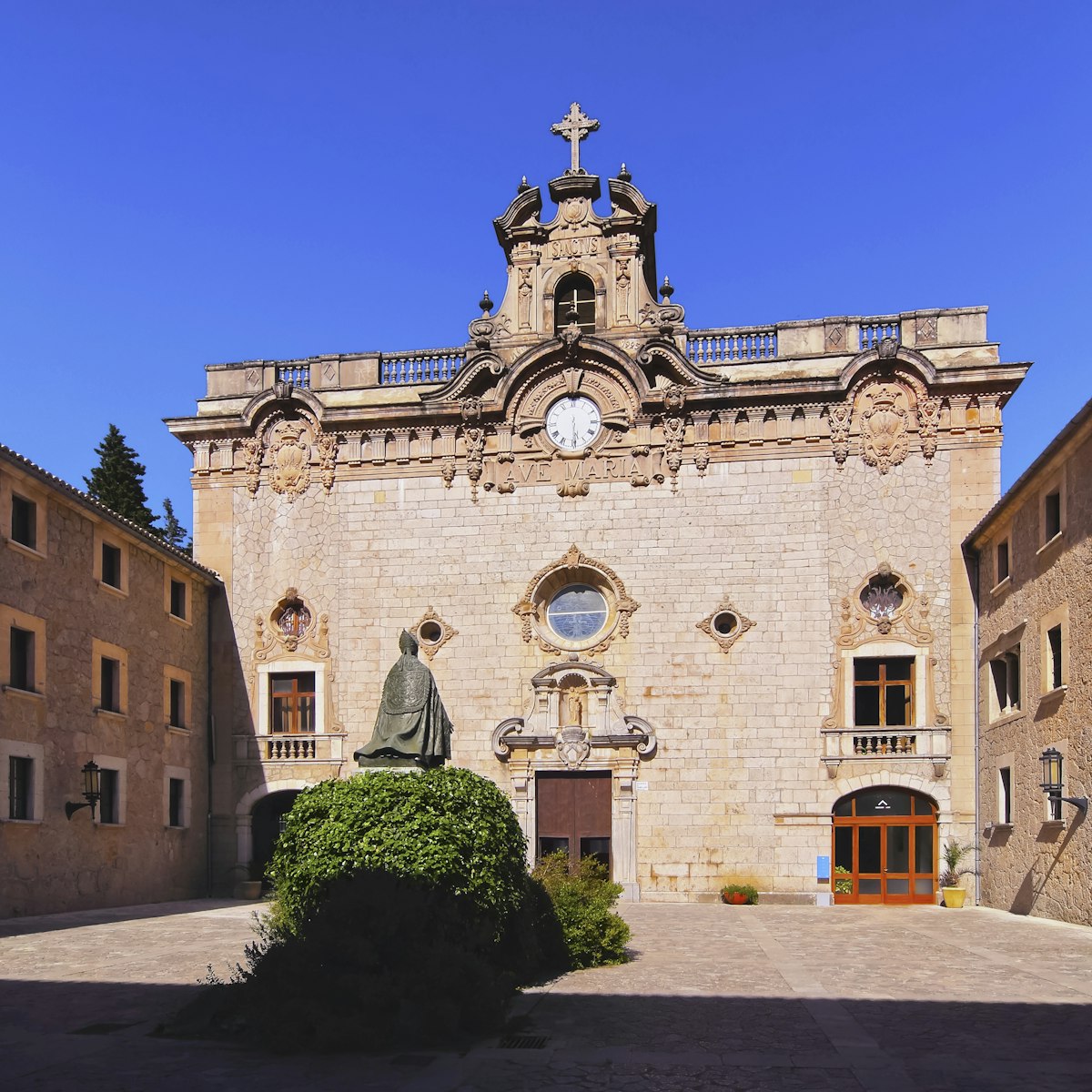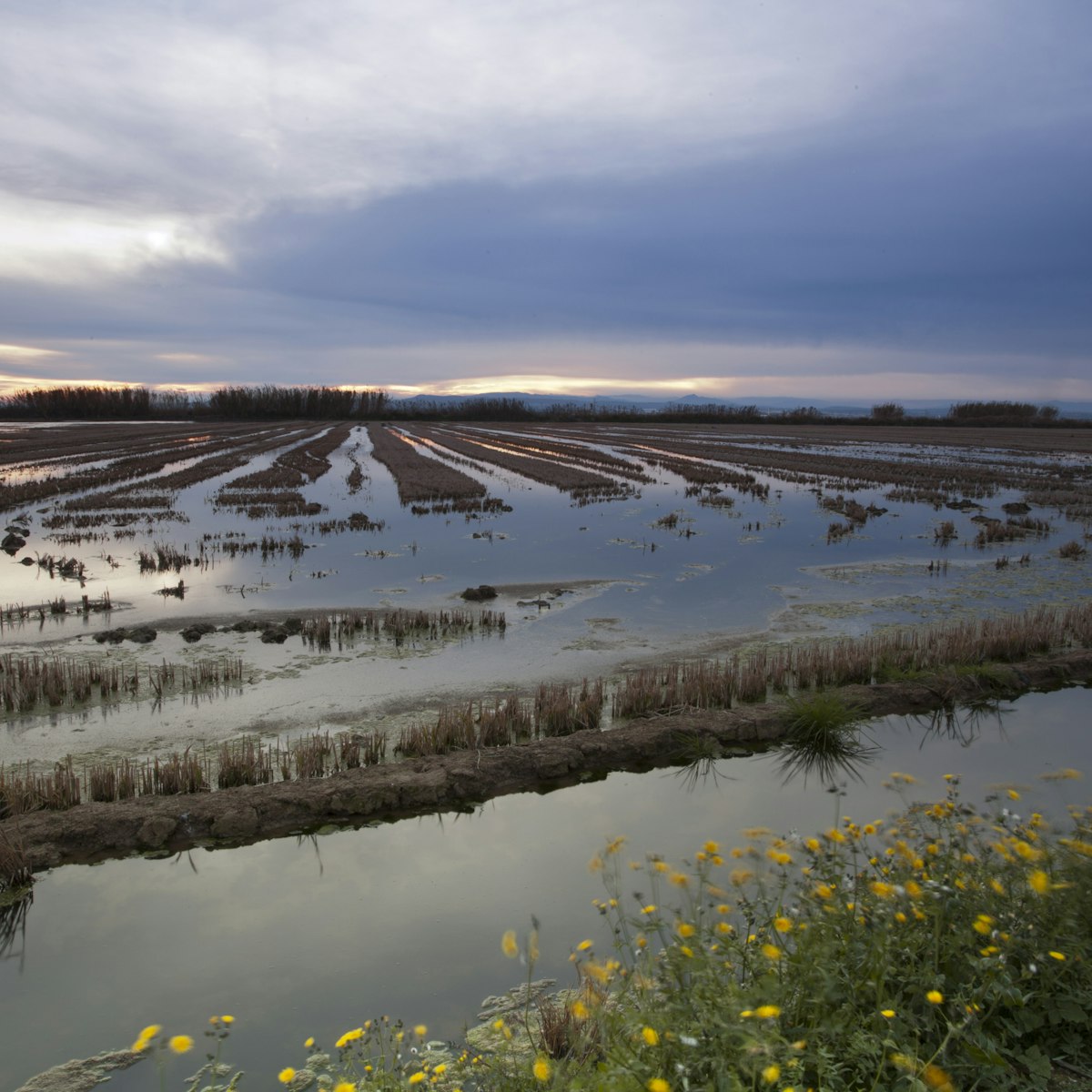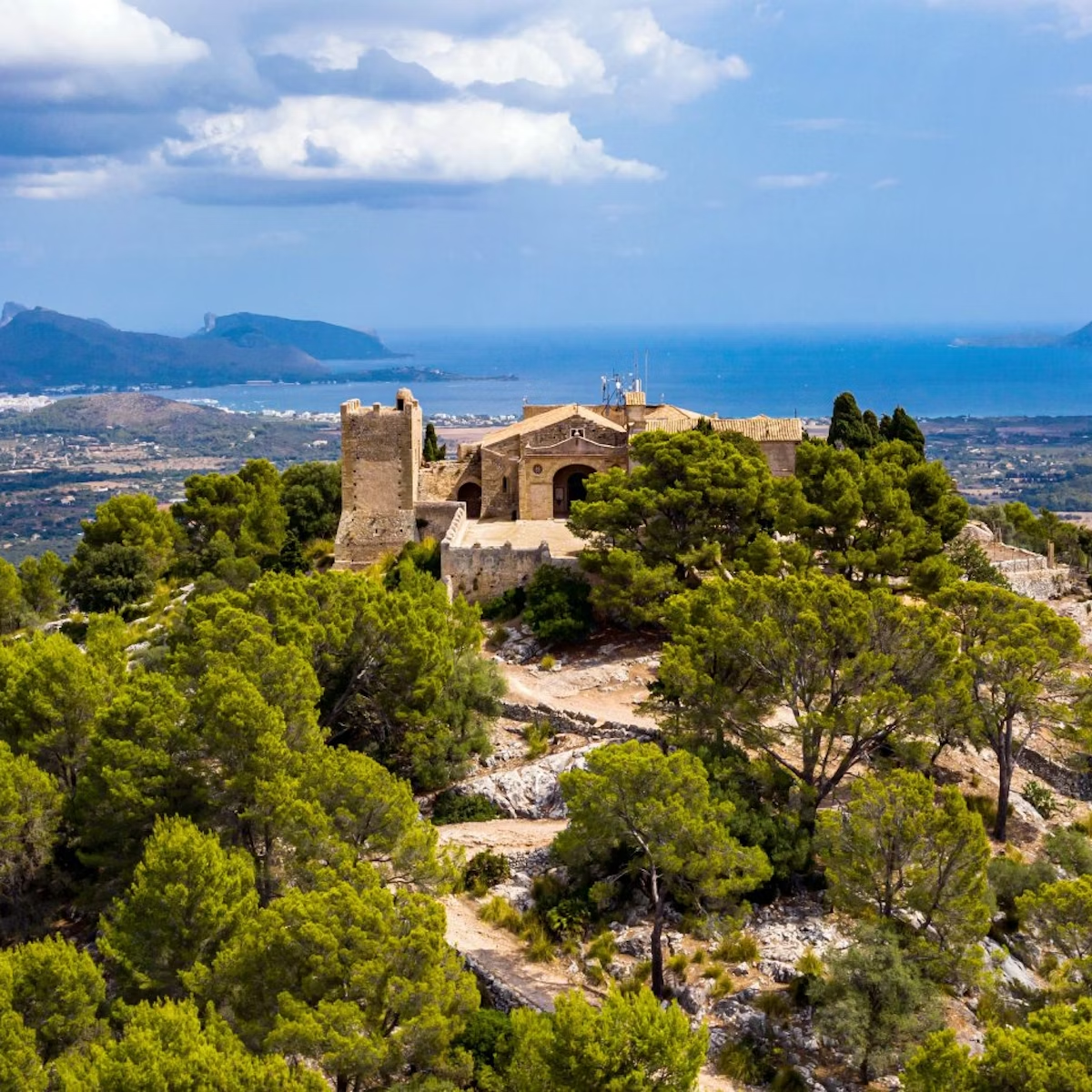Dominating the square that has long been the heart of municipal power in Palma is the ajuntament. The baroque facade hides a longer history: the town hall building grew out of a Gothic hospital raised here shortly after the island's conquest. On the top floor of the main facade sits the town clock, En Figuera, purchased in France in 1863.
You can generally enter the foyer only where you will see a Gothic entrance, a fine sweeping staircase and around half a dozen gegants (huge figures of kings, queens and other characters that are paraded around town on people's shoulders during fiesta) in storage.







